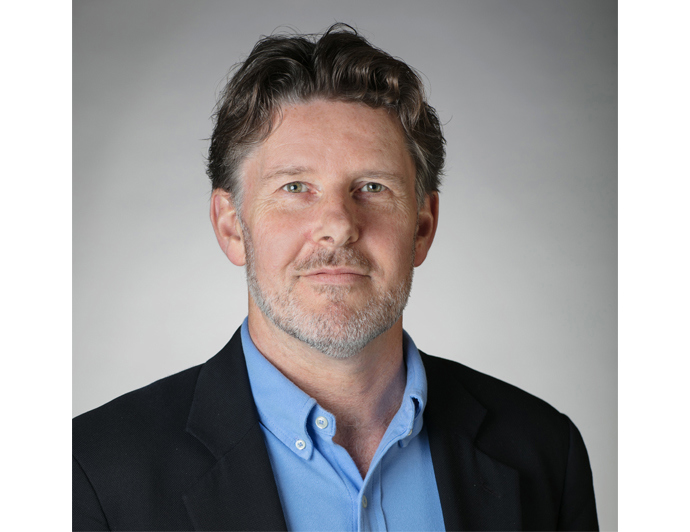At a recent webinar organised by Odgers Berndtson, Kellogg Europe President David Lawlor spoke about Purpose and the need for leaders to use their “power capital” to create a legacy.
“No one wins the 100 metres by accident,” observes Kellogg Europe President David Lawlor, using a snappy analogy to highlight his thinking about leadership as the COVID-19 pandemic struck. When the company’s senior leadership team met immediately before leaving the office to go into lockdown, “intentionality” was top of the agenda.
“We decided, let’s get really intentional about showing up brilliantly through whatever this is that we are about to face into,” says David. “That was very much on our mind.”

But, he admits to the audience for our webinar Post Pandemic: the legacy for leadership, as he was driving home after the meeting, David was anxious that the change in circumstance could derail the strides made in business performance and cultural reorganisation that he had helped bring about since taking on his European leadership role two years earlier. “I was thinking, how will I build that momentum back up?”
As it turns out, he needn’t have worried. The business performed strongly, boosted by a rise in home consumption of food. But what really stood out was the adaptability, grit and resilience of Kellogg employees.
It became clear that the company’s culture didn’t require people to be together in one physical space. If anything, being apart strengthened the culture as people focused on what really mattered to them. In fact, David goes so far as to say: “COVID brought us closer to our true purpose.”
Kellogg had already done a great deal of work embedding purpose in its business, but as the pandemic progressed the increasing role of purpose across industries and society was plain to see. It was likewise evident that a purpose-led strategy would be essential for businesses following COVID-19. The Kellogg leadership team set about refining the company’s purpose, looking at which elements should be “advanced” in light of the pandemic’s huge impact on employees and consumers.
“Extremes can be dangerous,” cautions David.
“What you are looking for here is, where do the lines intersect between purpose and your commercial agenda – your targets, the ambitions that you have. It’s all about that fusion, that balance. And importantly, the word ‘connectivity’. Can I really build a bridge between purpose and our commercial agenda?
“We should be unapologetic about trying to explore and understand that. Leaders who make purpose the beating heart of their organisations create more engaged employees, more committed customers and more supportive stakeholders.”
David’s viewpoint on this is informed by the thinking of businessman Bill George, former Chairman & CEO of Medtronic. Bill taught David on a week-long Leading Global Business programme at Harvard Business School in 2020 and delivered the following pearl of wisdom: “Purpose is your true north…If you can find an organisation to align with, where you can use your leadership skills to lead with a sense of purpose, such that there is alignment between company and your personal purpose, then you are heading in the right direction.”
The Vision at Kellogg is, A good and just world where people are not just fed but fulfilled; while company Purpose is defined as, Creating better days and a place at the table for everyone through our trusted food brands. Passionate and clearly expressed, it’s immediately apparent how comfortably these dovetail with many people’s personal values, providing a true north that’s easy to follow.
David is adamant that leadership must never be about just warming a seat. Leaders should use what he terms their “power capital” to create a legacy and think about “how they show up” to enable it.
“There is power to leadership,” he says. “The question is what you do with it because power is finite and your presence is finite, it’s not ever-expandable. You’ve got to make choices on how you’re going to use it. That’s what I call your power capital. You’ve got to decide where you stand on this, this and this.
“In my own reviews with my boss on priorities and targets for the year, I write down at the end of it ‘here’s how I’ve used my power capital – you’re going to find me in these spaces’. That’s important because it talks about my brand of leadership and how I’ve made choices on what I want that to be.
Finally, although keen to point out he doesn’t have a crystal ball, David believes businesses stand at a crossroads as the “next cycle” starts to reveal itself. Among the trends he sees are: the threat of rising inflation; a flaring up of the war for talent; an unprecedented explosion in ESG fuelled by the COVID crisis; businesses becoming more inclusive and human, but with an ever greater need for digital dexterity. All of which will be key dynamics of future leadership.



